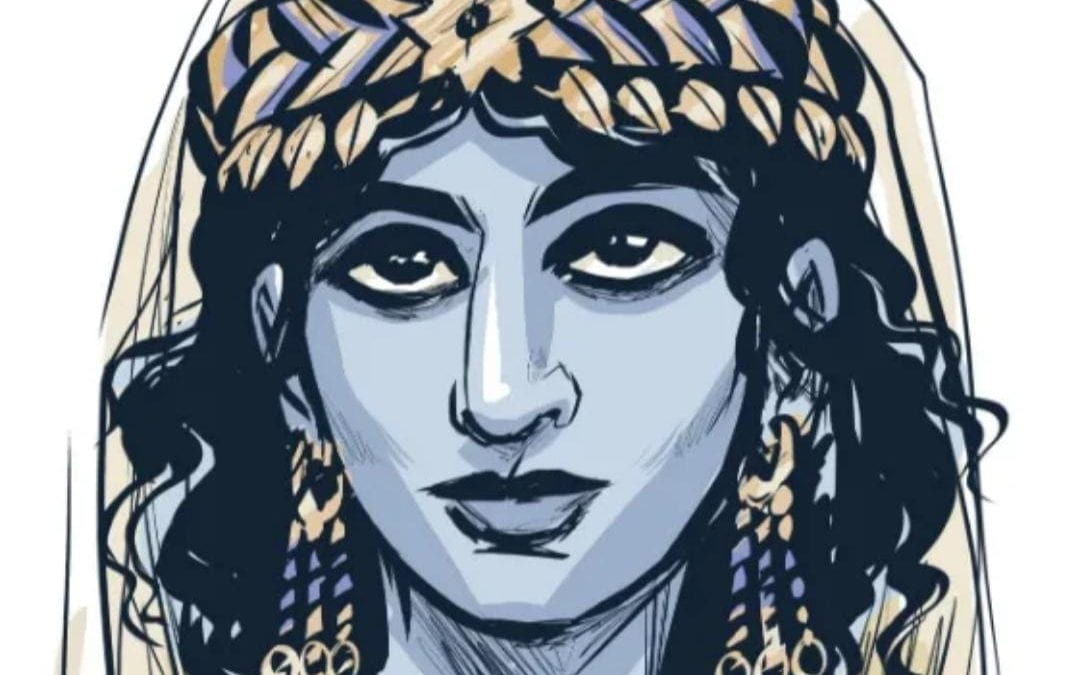By Daniella Razzouk | Staff Writer
Who is the first writer in human history? Where were they from? What did they write? Why did they write it? Despite most universities teaching some level of ancient history and ancient literature, the number of people who do not know the answers to the questions above is staggering. “Cultural studies” courses, in both schools and universities, tend to be heavily biased towards white men, even in Arab countries like Lebanon.
I noticed this bias when I took my first “cultural and civilizations course” at the American University of Beirut. The course was entitled “The Ancient Near East”, but with the exception of the Epic of Gilgamesh, it only taught works of Greco-Roman origin, which were all written by men. When I questioned why the syllabus lacked any female writer, my professor’s response took me aback. He said that it was simply because there are no texts of our chosen era written by women. He shook his head and blamed the patriarchy, genuinely believing that this was the true reason.
This seems to be the conclusion that most people have reached. Most say that women either didn’t write because they didn’t have time or weren’t educated, or that anything written by women was destroyed long ago. These tend to be the arguments made whenever someone asks why any given syllabus is oversaturated with male writers. The truth, however, is much more complex.
The first writer in human history was a Mesopotamian woman named Enheduanna. This likely was not her given name, but the name she took on when she became the high priestess of the moon god, Nana. Her father was Sargon II who had usurped the throne. Given her high position, she decided to write a series of poems about the gods and various temples, giving her father’s rule a sense of divine backing. She also signed her name at the end of each of her poems making her the oldest known writer in human history.
When I learned about this, I made an active effort to bring her up whenever I could, and so far, no one has ever heard of her. This includes people younger than me, people my age, and even professors. The addition of women writers in syllabi is not a question of politics and representation. It is a matter of allowing ourselves to use all of the knowledge that we have. Enhuduanna should not be in the syllabus because she’s a woman, being the first should be enough. Women writers are often only included when/if the course covers feminist theory, often at the very end of the semester.
Women writers are excluded from the canon, and when they are included, it’s in the name of representation. Women are not excluded from the canon because they did not create work that was worthy. They are excluded because everything they write is immediately, and intentionally ignored. Diversity is an active choice, not a passive process. Similarly, the exclusion is an active choice, not an unintended side effect. A syllabus that consists of only one female writer is one that chooses not to read women’s work and instead chooses to follow the archaic canon set by white men in ivory towers centuries ago. What works are “important” is determined by societies, it is not a label that can come naturally.
So, who was the first writer? It was Enhuduanna. An educated and powerful woman who could sway public opinion with just a few words. Why haven’t you heard of her? Because no one ever taught you, and you never bothered to learn until right now.


Incredibly well-written and well-researched!